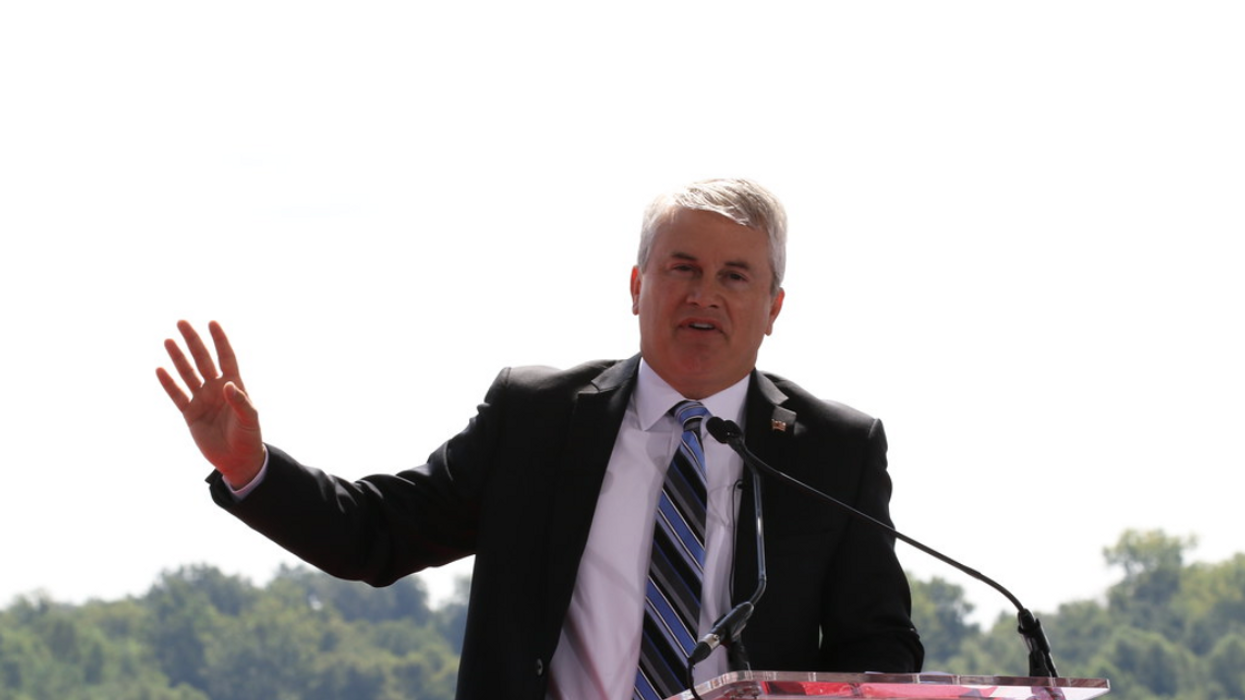Biden Urges Federal Trade Commission To Probe High Gas Prices
Washington (AFP) - President Joe Biden called on US regulators Wednesday to look into the causes of the nationwide spike in gasoline prices, which he said is hurting workers.
The president last week made fighting inflation a top priority after data showed consumer prices hit a 30-year high in October, fueling a slump in his public approval.
In a letter to the Federal Trade Commission (FTC), Biden took aim at oil companies he says are raising prices at the pump even as their expenses decline and profits soar.
He instructed the agency to look into whether "illegal conduct" is behind the energy price spike.
"I do not accept hard-working Americans paying more for gas because of anti-competitive or otherwise potentially illegal conduct," Biden said in the letter.
Despite signs the US economy has bounced back strongly from the damage inflicted by the Covid-19 pandemic, Biden has paid a political cost as global supply chain snarls caused shortages and drove an uptick in prices of everything from cars to food to gasoline.
The president said the high pump prices are not justified, noting that while the cost of unfinished gasoline has dropped more than five percent over the past month, retail prices rose three percent.
At the same time, oil companies "are generating significant profits," with the two largest on track to nearly double net income compared to 2019 and planning major stock buybacks, he said in the letter.
No 'Nefarious' Actions?
Average US gas prices were at $3.41 a gallon as of Monday, 11 cents higher than a month ago, according to the American Automobile Association (AAA).
That average is 81 cents more than in 2019, before the pandemic hit and kept most Americans at home.
A White House spokesman told reporters that if the gap between refined fuel costs and pump prices were at typical pre-pandemic levels, "We'd be looking at prices at the pump that are 25 cents less a gallon."
Patrick De Haan, head of petroleum analysis at GasBuddy, a price tracking company, said Biden is implying "nefarious" actions are to blame, but energy is a global market where prices have been volatile for weeks.
The wild swings mean there is no trend, so retailers cannot pass on any cost savings when oil prices fall, he said.
"I think the president is just trying to come out with some positive optics... to insinuate that he will take control the situation," De Haan told AFP, noting that relief could be on the way as oil production rises.
Frank Macchiarola of the American Petroleum Institute (API) called Biden's initiative "a distraction," and blamed "ill-advised government decisions that are exacerbating this challenging situation."
Biden instructed the FTC to "bring all of the commission's tools to bear if you uncover any wrongdoing."
The agency declined to comment on its investigations, but spokesman Peter Kaplan told AFP, "The FTC is concerned about this issue, and we are looking into it."
In response to a previous request over the summer from Biden to examine gas prices, FTC Chair Lina Khan pledged to investigate any collusion that might be fueling the inflation, as well as take a closer look at mergers in the industry that reduce competition.
In June, the regulator ordered 7-Eleven and Marathon Petroleum to sell off nearly 300 gas stations after saying their $21 billion merger violated antitrust rules by leaving hundreds of communities without alternatives to buy fuel.



